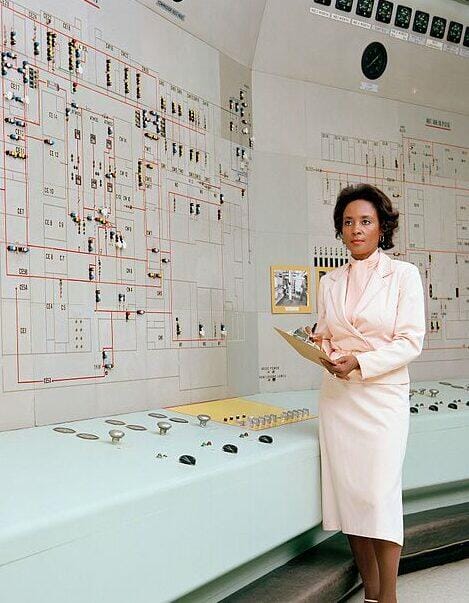
Women Who Shaped the Industry, and How We Can Create a More Equitable Future
Over the past several decades, women have made significant strides in the technology industry, breaking down barriers and paving the way for future generations of female technologists. Despite these successes, however, there is still a significant gender gap in the field, with women being vastly underrepresented compared to their male counterparts. In this blog, we will explore the history of women in technology, the current state of women in the industry, and what can be done to create a more equitable and diverse field for women technologists.
The History of Women in Tech
The history of women in technology dates back to the early 19th century, when Ada Lovelace, widely considered to be the world’s first computer programmer, wrote an algorithm for Charles Babbage’s Analytical Engine. However, it wasn’t until the mid-20th century that women began to play a more significant role in the technology industry, with the advent of computers and the need for skilled operators and programmers.

During World War II, women were recruited to work as “computers,” performing calculations for the military using mechanical calculators. The work was tedious and often underpaid, but it provided many women with a foothold in the field. In the 1960s, the demand for computer programmers grew, and women once again stepped up to fill the roles. However, despite their contributions, women in the technology industry continued to face significant barriers, including discrimination and lack of advancement opportunities.
One such pioneering woman in technology was Annie Easley, an African American computer programmer and mathematician who made significant contributions to the field of computer science. Easley was born in 1930 in Birmingham, Alabama, and grew up during a time of segregation and discrimination. Despite facing significant obstacles, Easley was determined to pursue her passion for mathematics and science. She went on to earn a degree in mathematics from Xavier University in New Orleans, and later a master’s degree in mathematics from Cleveland State University.
In the 1950s, Easley began her career as a computer programmer at the National Advisory Committee for Aeronautics (NACA) in Cleveland, Ohio. She was one of the few African Americans working at NACA at the time, and faced discrimination and inequality in the workplace. However, Easley persevered and went on to make significant contributions to the development of computer systems for aerospace applications.

Despite the example Easley set, women continue to be vastly underrepresented in the technology industry. According to a 2020 report by the National Center for Women & Information Technology, women make up only 26% of the computing workforce, with even lower representation in areas such as cybersecurity and artificial intelligence. Additionally, women are less likely to hold leadership positions in technology companies, with only 18% of CIO positions held by women and only 11% of executives in Silicon Valley being female.
The reasons for this gender gap are complex and multifaceted. One major factor is having too few female role models and mentors in the industry. Women in technology often report feeling isolated and unsupported, and without the guidance and support of other women, it can be difficult to advance.
Another significant issue is the prevalence of bias and discrimination in the hiring and promotion processes. Studies have shown that unconscious biases can lead to women being overlooked for positions, and that women who do make it into technology companies often face hostile work environments that make it difficult to succeed.
Creating a More Equitable and Diverse Field
Confronting these challenges, there are many steps that can be taken to create a more equitable and diverse technology industry. One important step is to actively recruit and hire more women, particularly in leadership roles. Companies can also work to reduce bias in hiring and promotion by implementing blind screening processes and offering implicit bias training for all employees.
Another important factor is creating a supportive and inclusive work environment. This can be achieved through mentorship and networking opportunities for women, family-friendly policies such as flexible schedules and parental leave, and actively addressing issues of harassment and discrimination.
Finally, it is important to create visibility and recognition for women in technology. This can be achieved through initiatives such as awards and recognition programs, and by promoting and amplifying the voices of female technologists through speaking opportunities, media interviews, and other platforms.
Final Word
Women have made significant strides in the technology industry over the past several decades, but there is still much work to be done to create a more equitable and diverse field. By actively recruiting and supporting women, reducing bias and discrimination, and creating a supportive and inclusive work environment, we can create a brighter future for women technologists and pave the way for a more innovative and successful industry as a whole.
If your company needs support in HR, consider hiring an HR consultant to implement a strategy for retaining the female employees your organization currently employs and establish a plan for company diversity, equality and inclusion.
Looking for a data science specialist or technology expert? Cansulta can help!
Browse by specialty, and connect with a vetted professional for an Intro Session for FREE.
Don’t let another goal pass without making Cansulta an integral part of your strategy. Now is the time for action – take the next step and join Cansulta today.
